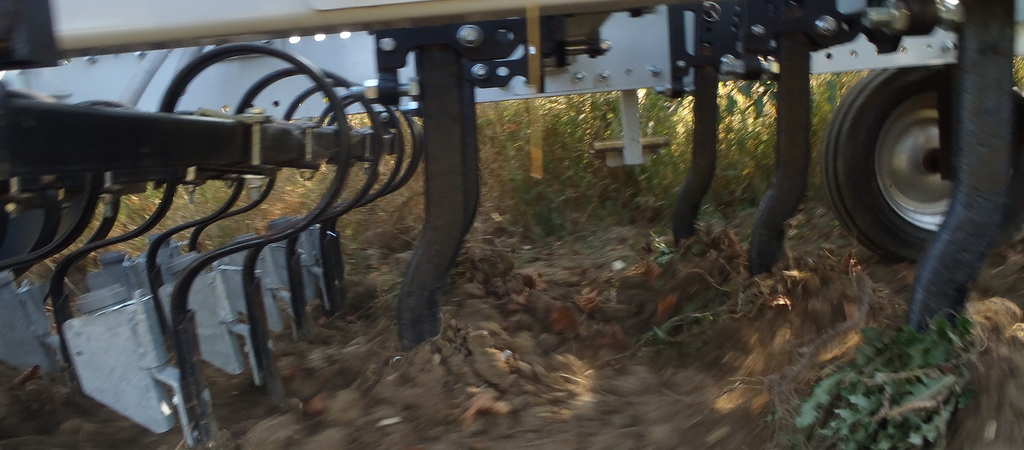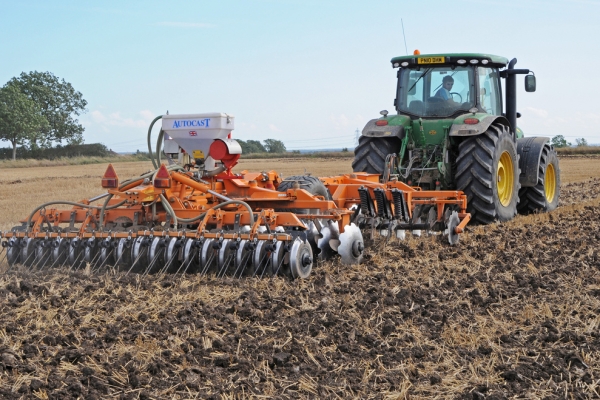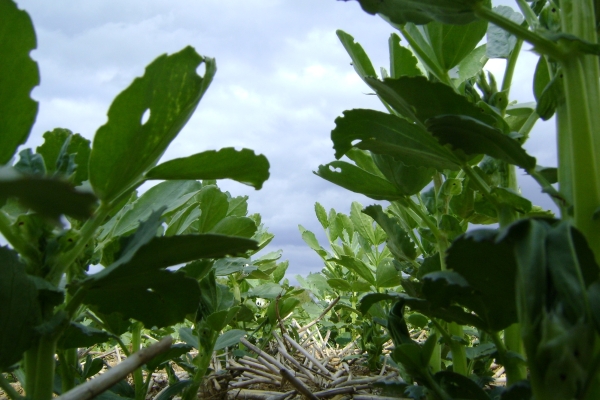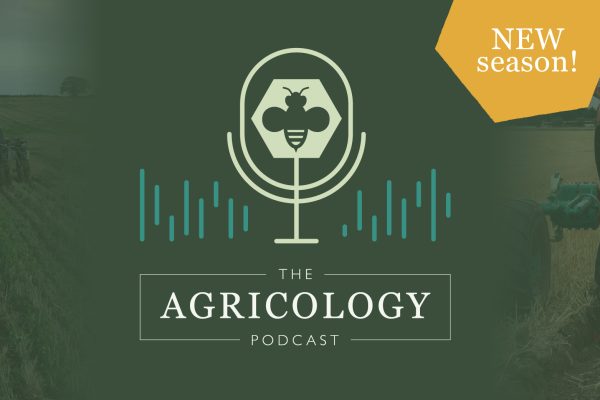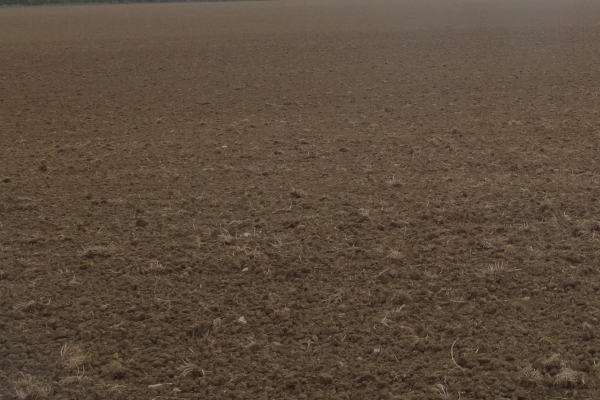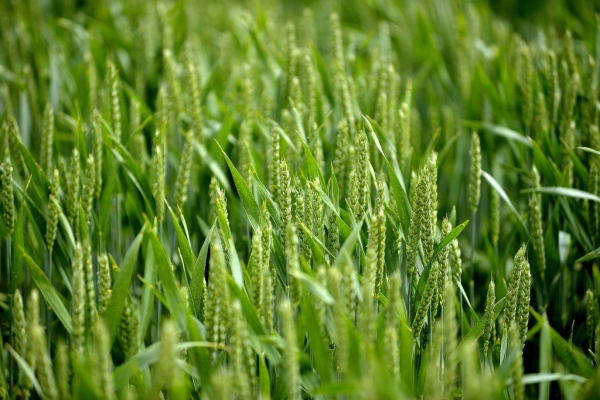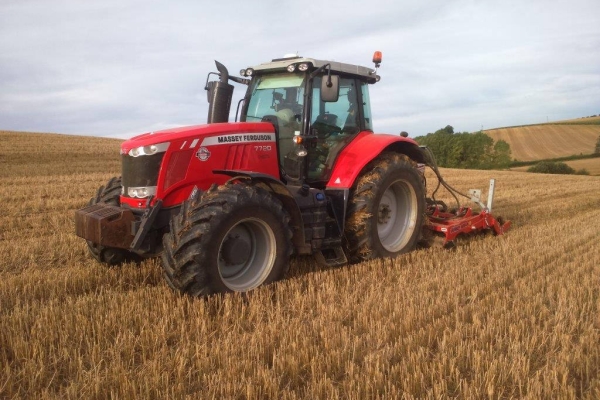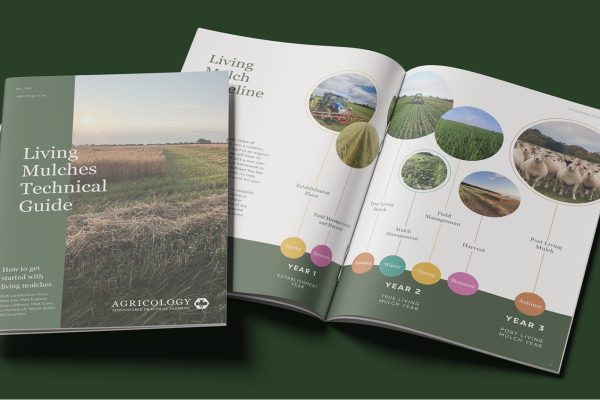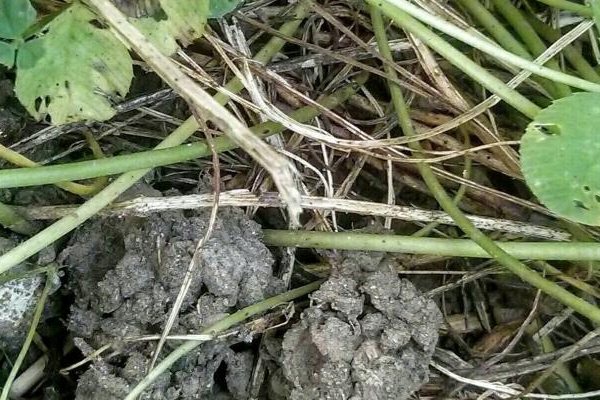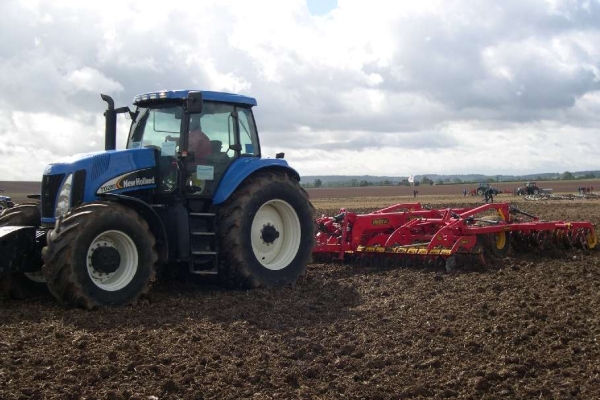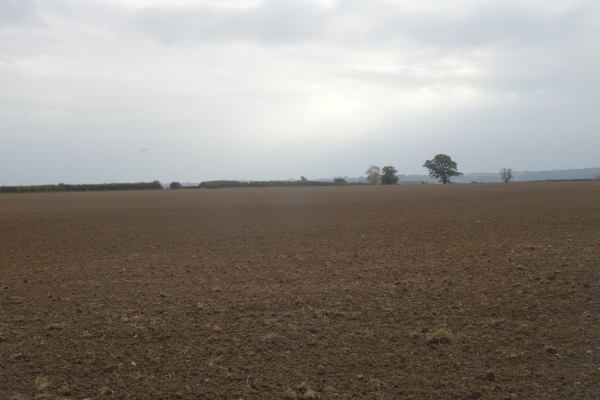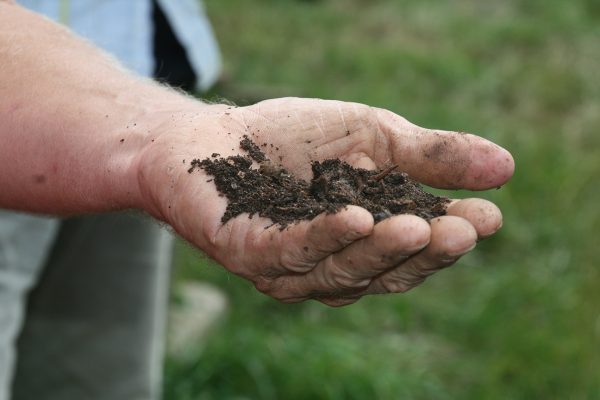Reduced Tillage: Farmer’s motivations and problems
Resource explained
This 5.58 min video, an output of the European TILMAN-ORG project filmed at the Organic Producers conference in 2013, provides valuable insights into the motivations of farmers who have adopted reduced tillage and challenges they have encountered. Marion Casagrande refers to the common motivations of farmers as being: soil preservation and conservation, improving soil structure and organic matter, limiting soil erosion, and improving soil biological quality. Common agronomic problems with reduced tillage are also explained. The video features interviews with four farmers: Richard Gantlett, who talks about the importance of developing good soil biology; Peter Brown, who references weeds being no worse since adopting minimum tillage; Oliver Dowding who refers to research that questions the availability of phosphate to plant roots with minimum tillage; and Andrew Trump from the Organic Arable Producer Group, who stresses the importance of improving soil health in improving yields and believes that non-inversion tillage can achieve this.
Findings & recommendations
- Julia Cooper from Newcastle University explains that the project attempted to identify some of the problems associated with using reduced tillage and green manures on organic farms but also systems that have proven to be effective and successful.
- Richard Gantlett of Yatesbury House Farm in Wiltshire explains the different depths of tillage he deploys in order to open up the soil so that air can percolate and refers to the soil being much easier and friable to work as a result There are some interesting observations into his experience of weeds since using minimum tillage, and he talks about the disruption to soil biology from ploughing.
- Marion Casagrande touches on some commonly encountered problems by farmers making the transition to using minimum tillage such as weed infestations and destroying preceding crops in a field.
- In addition to referring to the common problem of weeds, biodynamic farmer Peter Brown, from Tablehurst Farm Ltd in Sussex, refers to problems he has experienced with applying minimum tillage to older pasture.
- Oliver Dowding of Shepton Farms Ltd, stresses the importance of research that focuses on the soil, where he says “50% of the crops output is determined.”
